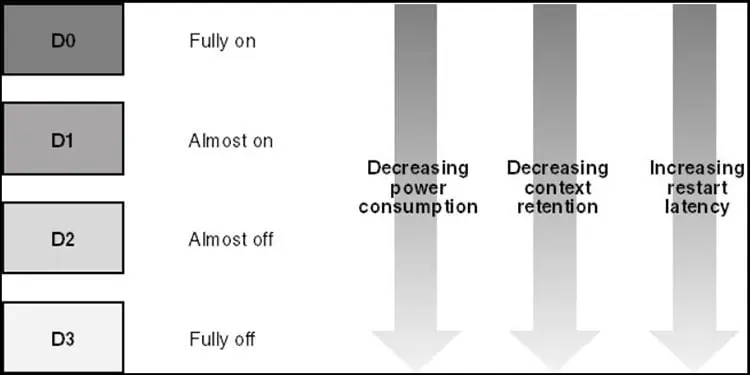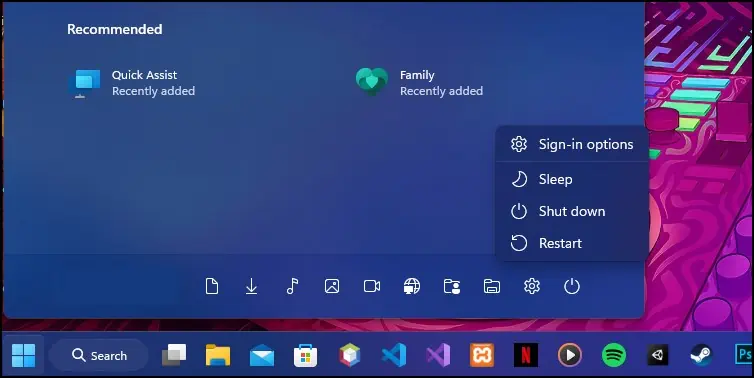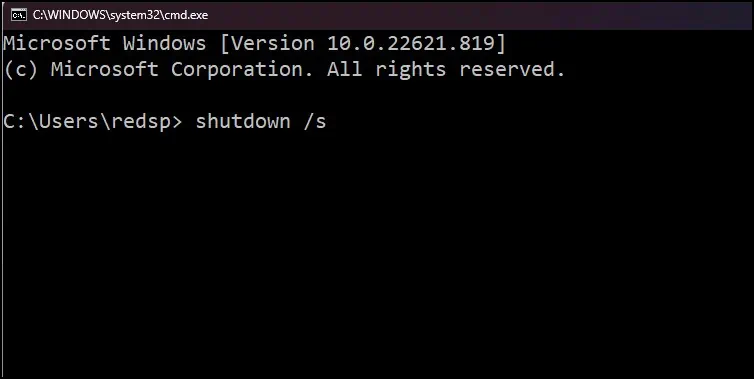Some users routinely shut down their laptops at night after use and stick to the decision, whether it’s to conserve battery life, apply updates, or simply out of habit. But does turning off your laptop offer any advantages over putting it to sleep or in a low power consumption mode?
When shut down, the laptop is put to rest and all activity stops until the user turns it back on. This reduces wear and tear on the device’s moving parts, which helps users in maintaining the device’s health and increase its life expectancy.
On the contrary, if the device is kept on and not shut down at night, the system can carry out important maintenance and updates, perform background tasks, provide remote access to the users and most importantly provide quick access to the system whenever the user desires it.

Should You Shut Down Your Device Every Night?
Here we’ll try and illustrate the reasons as to why users should shutdown or not shutdown their devices every night after use. We’ll also explore if shutting down your laptop every night has any benefits to it and what may happen to the device if kept turned on for extended periods of time.
Shutting Down Devices Every Night?
Moving parts of the laptop such as the fans and the hard disk can become prone to wear and tear or failure when the laptop is used extensively or when used for huge read/write processes. Shutting down your laptop every night when not using it can increase its longevity.
Besides maintaining the health of the device, your device is alsospared from network attacks or security riskswhen turned off. Shutting down your laptop lowers energy costs of the device and eliminates any energy wastes that happens if the device is kept running all night. Shutting down the device frees and optimizes the resources of the devices for better allocation of apps and processes.

If your device isrunning slower than usual, turning off your laptop, then turning it back on can optimize the apps launched in the system. The kernels and the lower level processes of the system also have a chance to refresh themselves when the laptop is switched off while at night.
However, turning off the device can sometimes present some drawbacks to the user. Mainly, the laptopcannot perform any automatic updates and system maintenance tasks when off. If you have set up your laptop as a NAS, the data services cannot be established until the device is powered on again. Users also cannot get access to their devices remotely to access its features.
Leaving the Device Awake?
There are a couple of benefits when users choose to not shutdown their laptop at night. The most important ones being that the user can get faster access to their device when they resume their work. The laptop does not have to go through the boot sequence everytime it starts which can save valuable time for the user.

The device can also perform timely maintenance in the background when idle. This means that tasks such as data processing and downloading large files over the network can also take place when the user is not attending their device.
If shutting down your laptop every night is not an option for you, then when not in use, putting the device in at least sleep mode allows the device to enter a low power state which canhelp save battery life and reduce the power consumptionof the device.
If you plan to deactivate the device for an extended period of time,various power statesare available on almost all the systems. These modes put less system stress caused due to constant shutdown and startup cycles.

